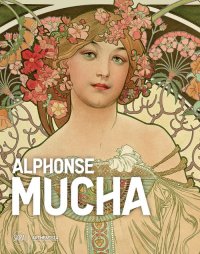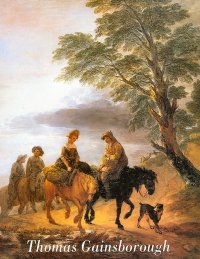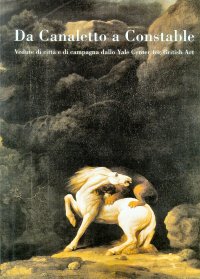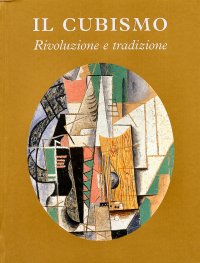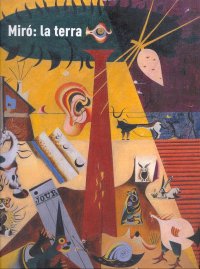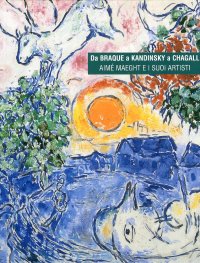Alphonse Mucha
Firenze, Spedale degli Innocenti, October 30, 2023 - February 28, 2024.
Edited by Sato T.
Milano, 2023; hardback, pp. 208, 100 col. ill., cm 24x28.
cover price: € 35.00
|
Books included in the offer:
Alphonse Mucha
Firenze, Spedale degli Innocenti, October 30, 2023 - February 28, 2024.
Edited by Sato T.
Milano, 2023; hardback, pp. 208, 100 col. ill., cm 24x28.
FREE (cover price: € 35.00)
Thomas Gainsborough (1727-1788)
Ferrara, Palazzo dei Diamanti, June 7 - August 30, 1998.
Ferrara, 1998; clothbound, pp. 244, 98 b/w ill., 90 col. plates, cm 23x30.
FREE (cover price: € 55.00)
Da Canaletto a Constable. Vedute di Città e di Campagna dallo Yale Center For British Art
Ferrara, Palazzo dei Diamanti, February 25 - May 20, 2001.
Ferrara, 2001; paperback, pp. 198, 60 col. plates, cm 23x30.
FREE (cover price: € 44.93)
Il cubismo. Rivoluzione e tradizione
Ferrara, Palazzo dei Diamanti, October 3, 2004 - January 9, 2005.
Ferrara, 2004; paperback, pp. 311, b/w and col. ill., 90 numbered col. plates, cm 23x31.
FREE (cover price: € 50.00)
Miró. La terra
Ferrara, Palazzo dei Diamanti, February 17 - May 25, 2008.
Ferrara, 2008; paperback, pp. 224, 68 b/w ill., 82 col. ill., col. plates, cm 23,5x30,5.
FREE (cover price: € 47.00)
Da Braque a Kandinsky e Chagall. Aimè Maeght e i Suoi Artisti
Ferrara, Palazzo dei Diamanti, February 27 - June 2, 2010.
Translation by Archer M.
Ferrara, 2010; paperback, pp. 192, b/w and col. ill., tavv., cm 23,5x31.
FREE (cover price: € 47.00)
Marcantonio Franceschini
Miller Dwight
Artema
Edited by A. Cottino.
Translation by Casali C. and Chiodini F.
Presentazione di Alberto Cottino.
Torino, 2001; paperback, pp. 512, 250 b/w ill., 48 col. plates, cm 25x30.
(Cataloghi Ragionati. 4).
series: Cataloghi Ragionati
ISBN: 88-8052-012-1 - EAN13: 9788880520122
Subject: Essays (Art or Architecture),Monographs (Painting and Drawing)
Period: 1400-1800 (XV-XVIII) Renaissance
Places: No Place
Extra: Baroque & Rococo
Languages: 
Weight: 3.18 kg







